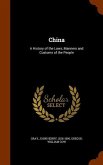For over a century, from the First Opium War in 1839 - 42 to the end of the Second World War, China was repeatedly humiliated by Western imperial powers and by its smaller neighbour, Japan. For a time the Middle Kingdom seemed on the verge of becoming a pawn of foreign interests. Then, in a process unmatched in history, this great culture recovered vigorously from its seemingly hopeless plight - so much so that today the state, its leaders and its burgeoning economic and military might are globally acknowledged and not infrequently feared. The Fall and Rise of China: Healing the Trauma of History traces the country's development in the nineteenth and early twentieth centuries up to the present day and offers an explanation of the collective mentality that enabled China, confronted by the superiority of Western science and technology, to commit to the unsparing self-diagnosis that enabled its impressive rise and radical transformation. The country identified the aspects of Western civilization it must adopt in order to remove the cultural impediments to its own renaissance. Profoundly wounded, China prescribed for itself a therapy that followed the same principle used in Chinese medicine: that the cause lies first and foremost within oneself. Prevention and treatment must therefore always begin with one's own deficiencies and mistakes. In this powerful polemic Paul Unschuld presents an entirely new understanding and analysis of China's past and offers fascinating insights into its possible future.

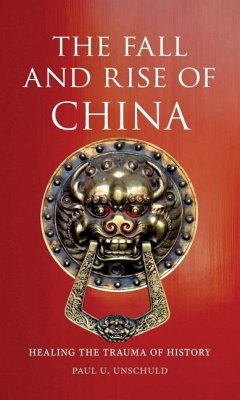
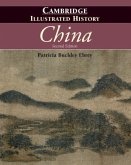
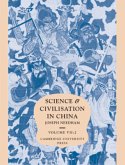
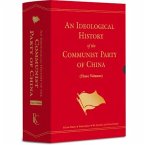
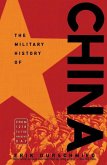
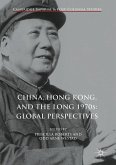
![The Life of Taou-Kwang, Late Emperor of China: With Memoirs of the Court of Peking [Revised by Sir G.T. Staunton] The Life of Taou-Kwang, Late Emperor of China: With Memoirs of the Court of Peking [Revised by Sir G.T. Staunton]](https://bilder.buecher.de/produkte/68/68717/68717647m.jpg)
